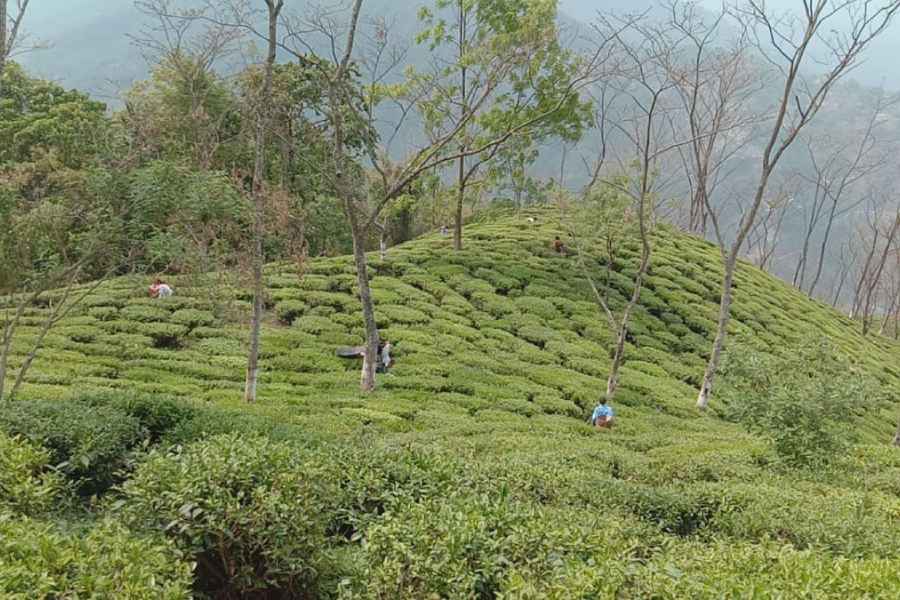The demand to impose 40 per cent import duty on tea from Nepal is getting louder with the Darjeeling industry being hit hard by the inflow of the brew from the neighbouring country.
Shanta Chhetri, a former Rajya Sabha member, is the latest to flag off the issue, which is finding resonance within the Darjeeling Tea industry.
Chhetri in a letter to Prime Minister Narendra Modi has said according to the customs tariff 2019/20 published by the ministry of finance and department of customs of the government of Nepal, the neighbouring country is imposing an import duty of 40 per cent on tea from India.
“On the other hand, our government has been allowing the import of teas originating in Nepal into India territory without imposing any import duty,” read the letter.
The former MP has demanded that the Indian government also impose a similar import duty to correct the disparity in the import of teas.
“…the GOI has every right to forthwith impose 40 percent import duty on teas imported into India from Nepal, in order to protect the domestic tea industry and Darjeeling in particular,” said Chhetri.
Chhetri has said around 16 million kgs of made tea are imported to India from Nepal annually. “Out of 16 million kgs of tea imported into India from Nepal annually, about 5 to 6 million kgs is of the orthodox variety that resembles the Darjeeling orthodox tea growing in the 87 tea estates in Darjeeling,” said Chhetri.
Sources said about 6.5 to 7.5 million kgs of Darjeeling Tea are produced annually.
Darjeeling planters also said the import of Nepal tea reached epic proportions.
“The central government is aware that most of the Nepal teas are cheap, substandard and hazardous for health and the orthodox variety is deceptively sold to the domestic consumers as Darjeeling tea,” said Chhetri.
Around 2 lakh people are employed in the Darjeeling Tea gardens spread over
19,000 hectares.
Chhetri has said the cost of tea production in Nepal is at least 40 per cent less
than in India.
The reasons cited for the low cost of production in Nepal are the lack of statutory obligations, unlike bonus, gratuity and labour laws in India.
“Most of the tea grown in Nepal is in the hands of small growers, unorganised sector. Child labour is also rampant. Also tea factories in Nepal mainly use firewood as cheap fuel in violation of international forest policy. The tea bushes in Nepal are also comparatively young,” Chhetri wrote to Modi.
She also alleged that enforcement agencies weren’t properly monitoring the storage of Nepal tea and testing the produce.
An official of the Tea Board, however, said the import of Nepal tea was coming down compared to the figures in the past few years.










